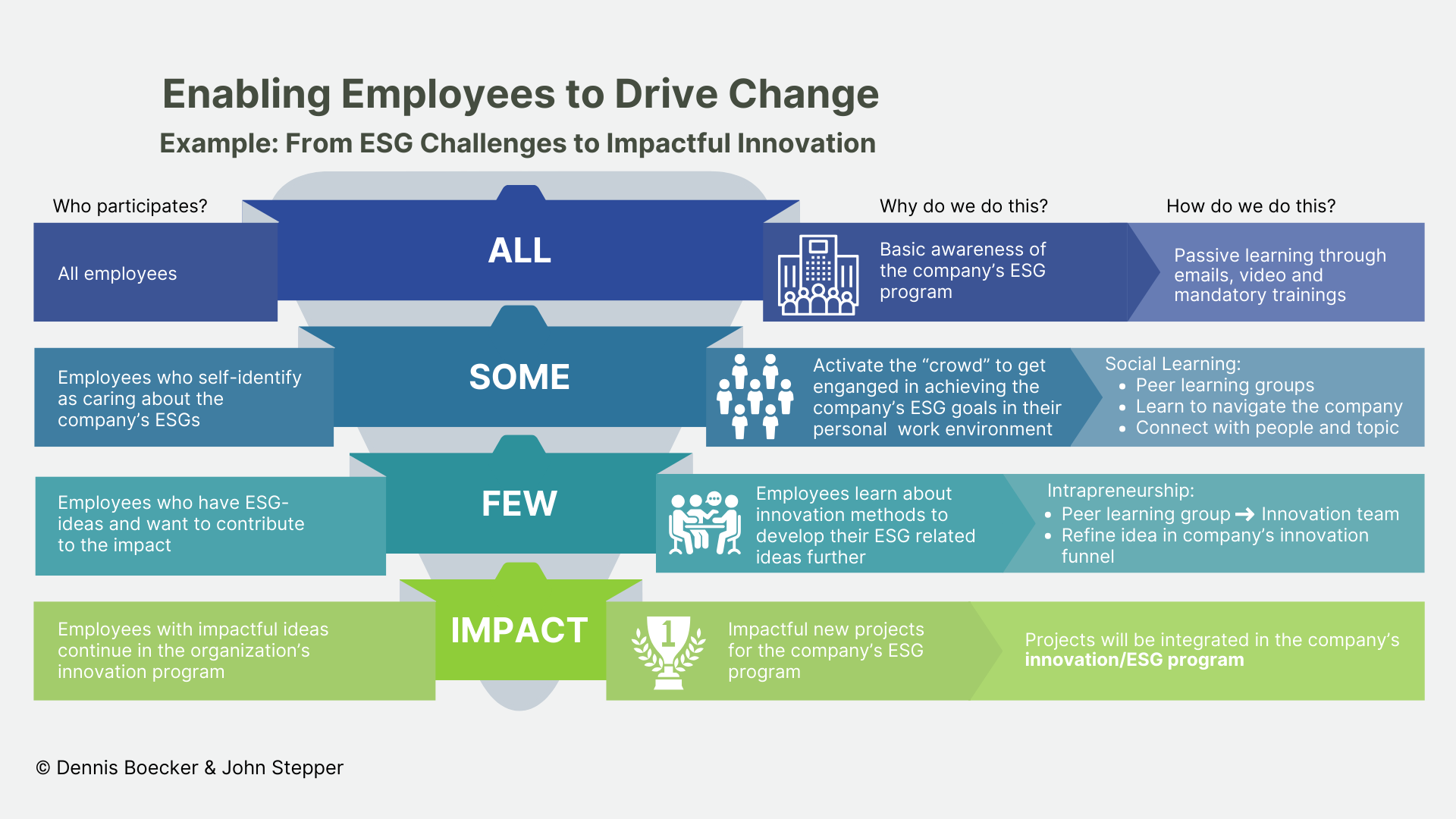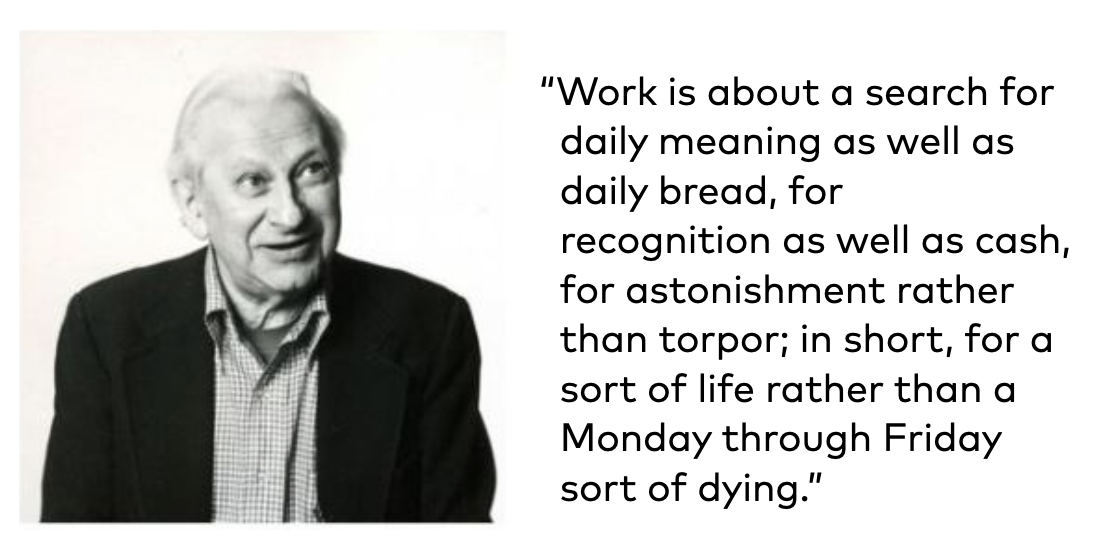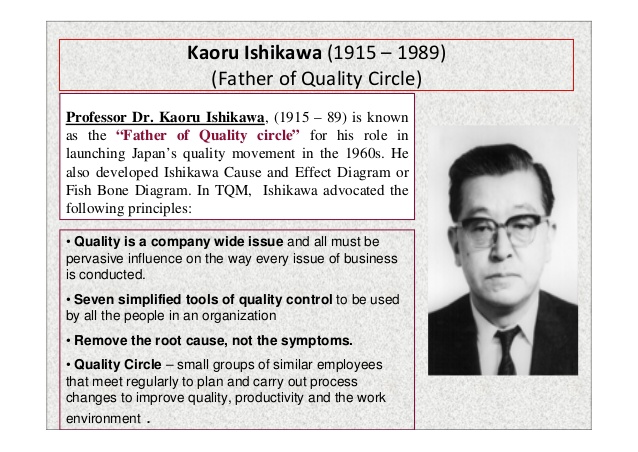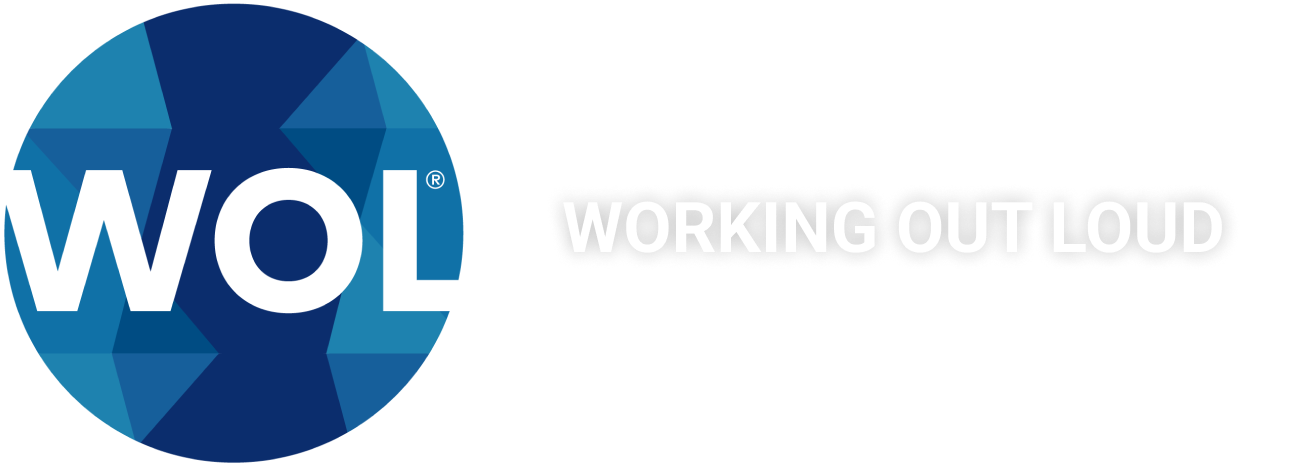
More good days
In their first meeting, we ask them to remember a good day they had at work. The kind of day you’re eager to talk about when you get home. The kind of day where you feel alive at work.
“Your goal in this program,” we tell them, “is to have more days like that.”

Five new WOL programs
“Working Out Loud” has evolved. The original method is still networking and visibility. And new methods apply to doing all sorts of work (inner work, team work, collaboration, leadership) “out loud”—together with other people in a trusted peer Circle.
These five new methods—and more to come—are designed to strengthen feelings of self-efficacy and connection.

“Pushing back the dark”
Why do good people in challenging environments still try, against all odds, to make a positive difference?

Transforming Risks into Opportunities: Enabling Employees to Drive Change
Are external change drivers a threat or an opportunity for your company and its employees? Who is involved in making a positive difference?
This article describes how social learning programs can transform passive awareness into active contribution.
By enabling employees to discover their personal connection to the company’s goals, companies can foster higher engagement and a greater sense of belonging while cultivating additional sources of innovation and organizational resilience.

Office-ism
Employees are not thriving at work and they haven’t been for a very long time.
What if we knew the reasons why? How long would it take for conventional wisdom and workplace practices to change?

The first scientific paper on the effectiveness of Working Out Loud®
Can a social learning program change people’s behavior and sense of empowerment? If so, can these changes stick?
“Yes” and “Yes”.
This post summarizes the study, its findings, and ideas for future research.

What happened to “Working” in the past 50 years
50 years after Working captured the experiences and yearnings of everyday workers, the themes remain the same. Our search for feeling effective and fulfilled—for meaning—isn’t new. Helping people with that search is as important as ever.

Ms. Williams at Window #4
The US post office has almost 600,000 human beings working there. On average they may come into contact with dozens of customers or colleagues every day.
What if more of those 600,000 employees were like Ms. Williams? What kind of difference would that make?

“What profound treasures are hidden”
Inspired by two companies where employees actively seek out, connect, and grow the positive potential of their work and each other. “Give employees space and time for development, and thus give them wings.”

Everybody Matters
When it comes to how their employees relate to each other and to the work they do, Everybody Matters serves as an inspiring example of the way things could be.

The life and death of Quality Circles
In the US, at least, “quality circles are almost universally consigned to the dustbin of management techniques.”
Why? What can we do to make a good idea even better?

